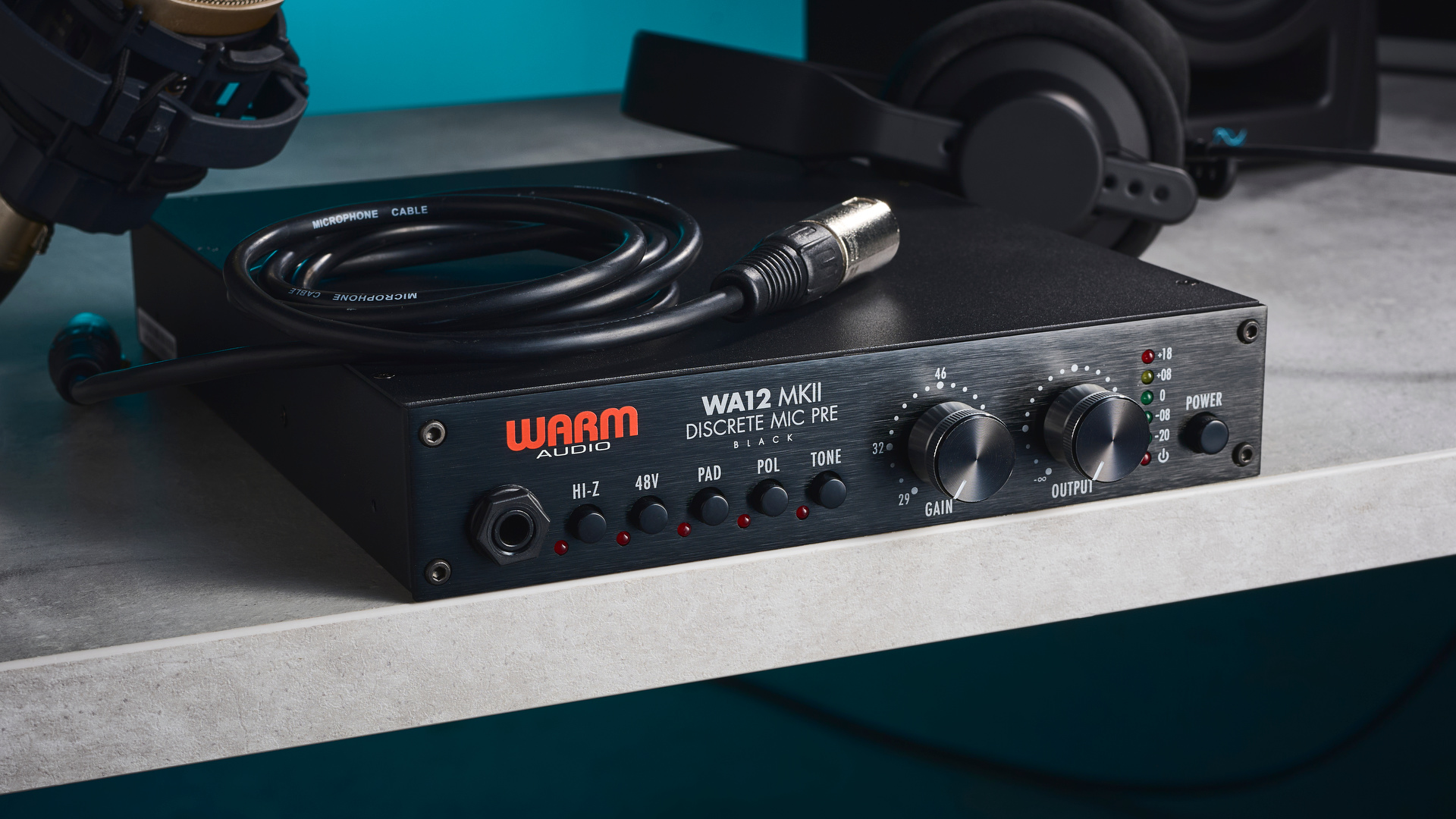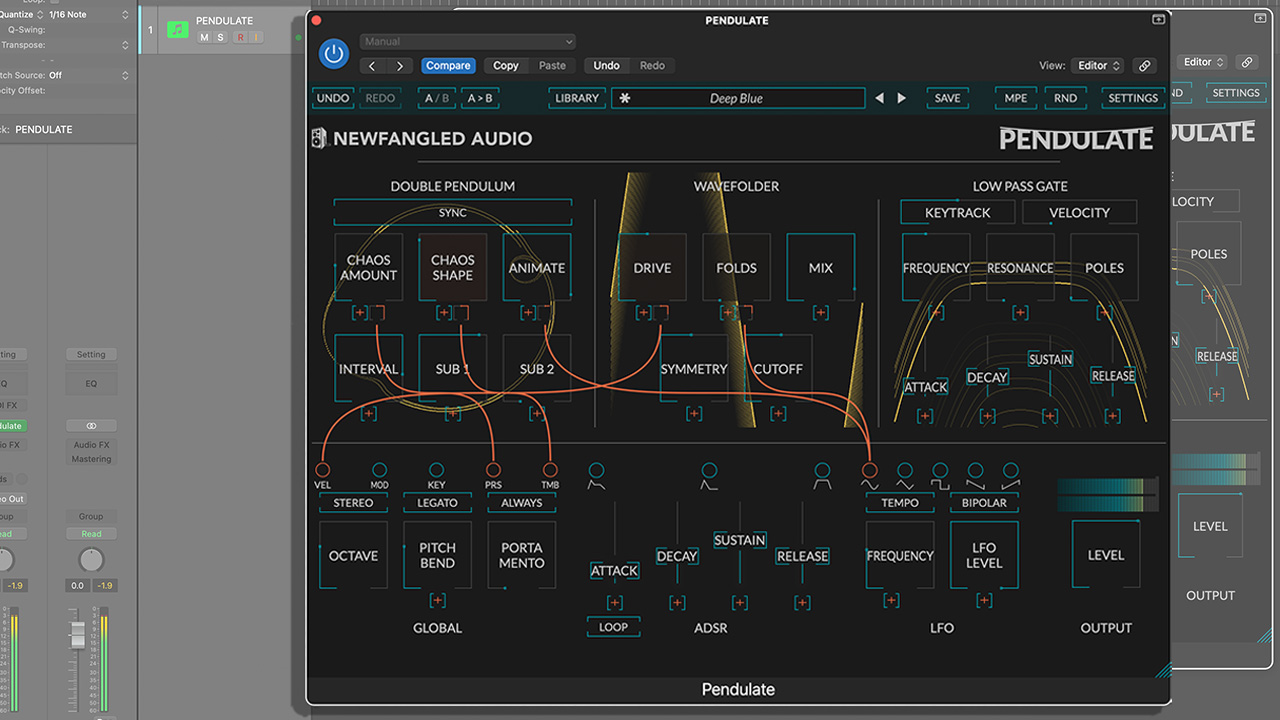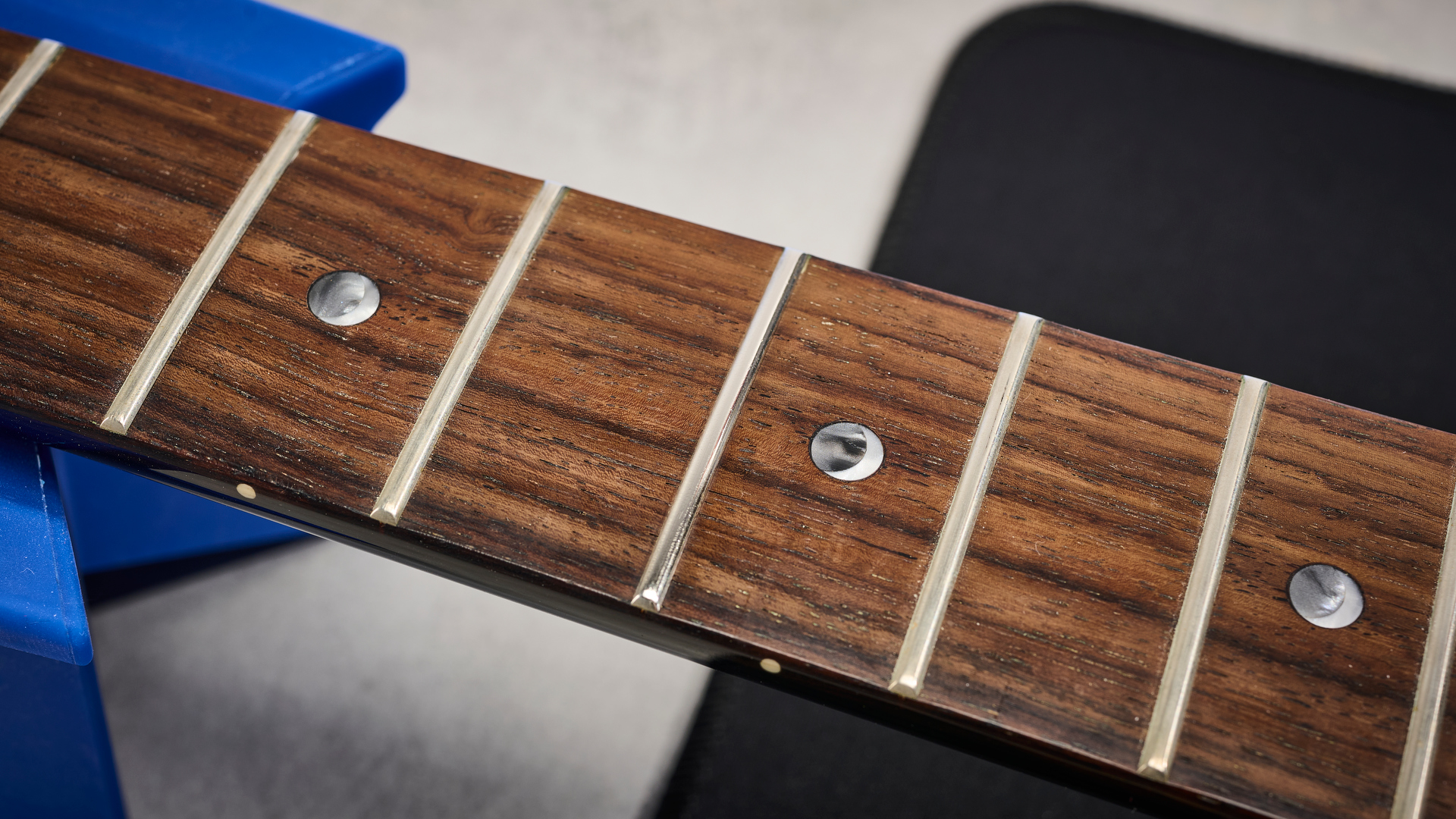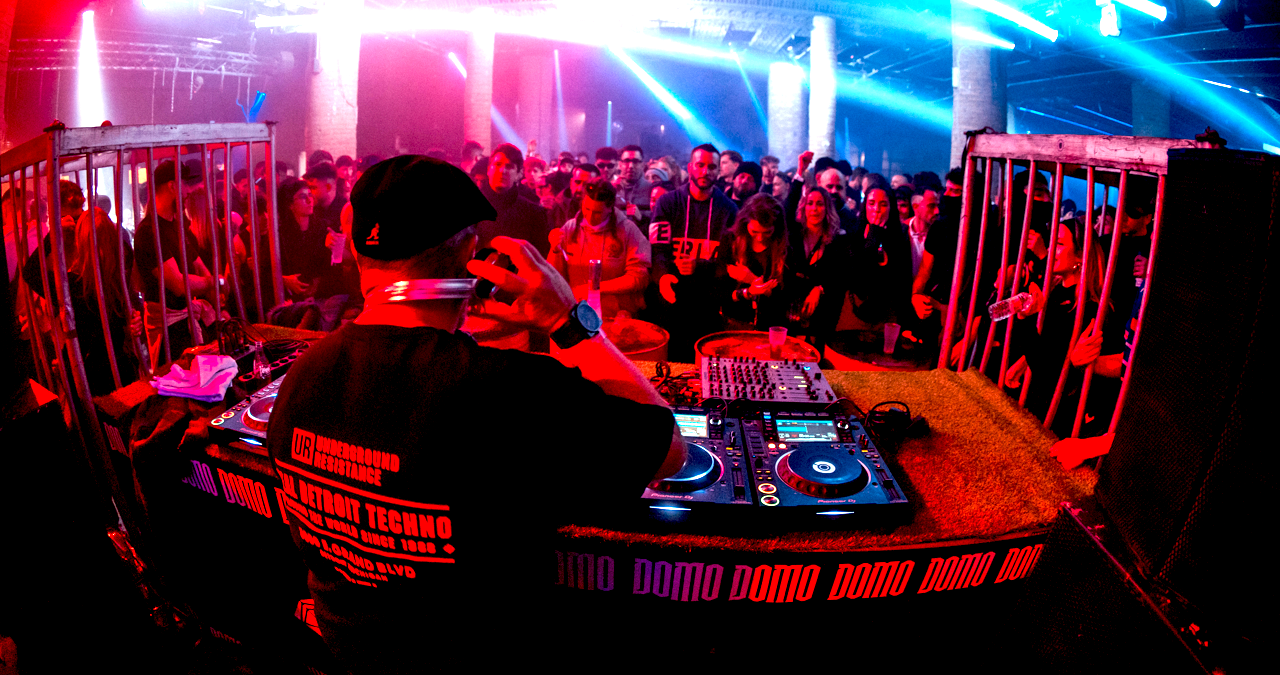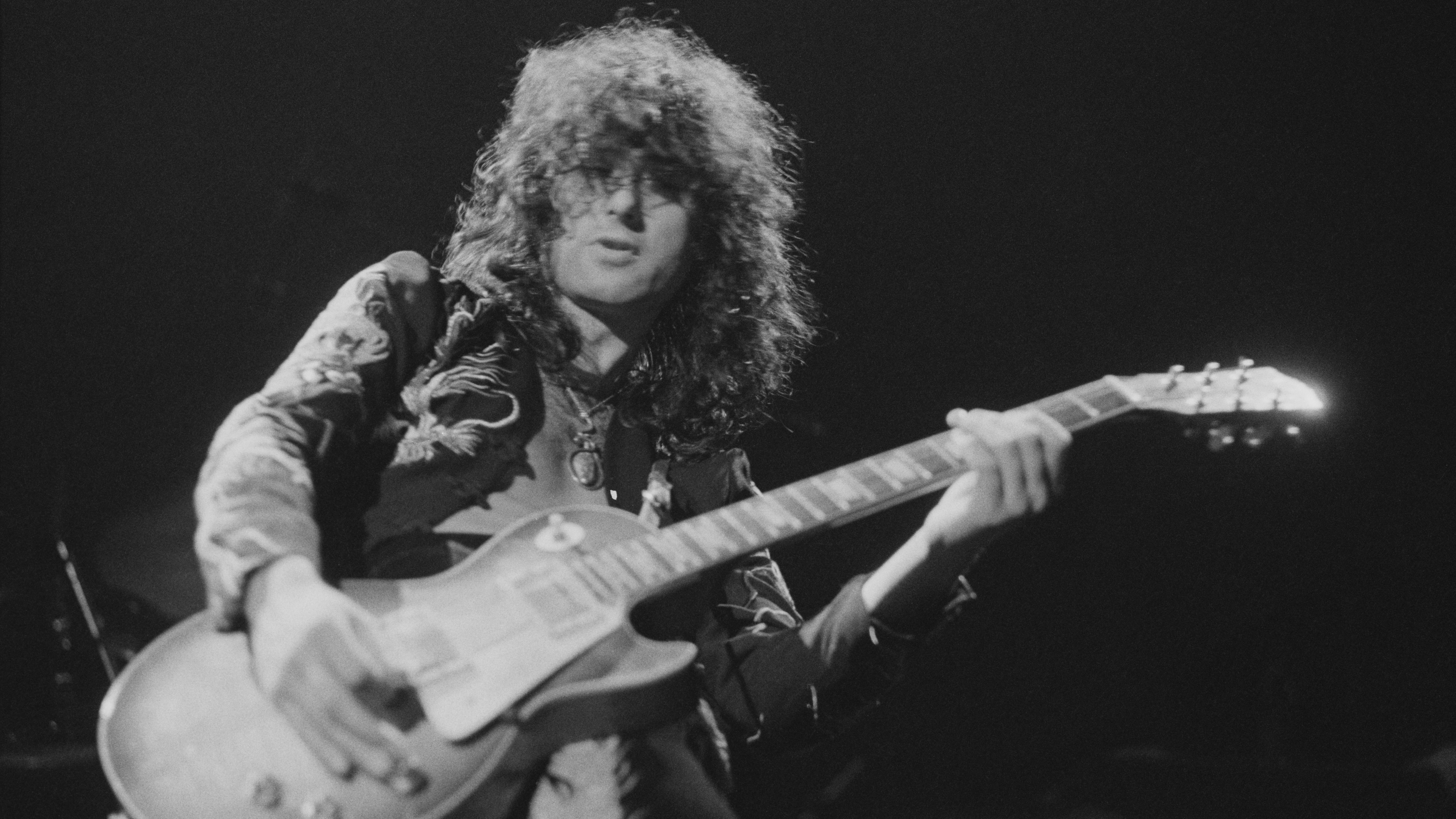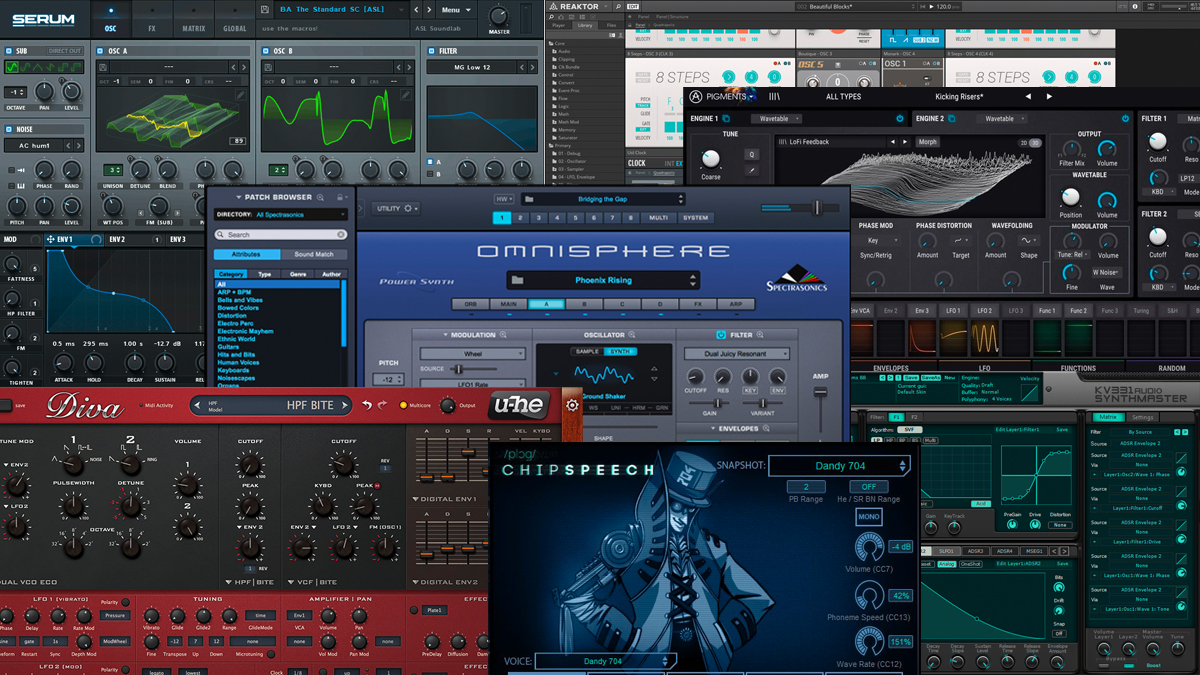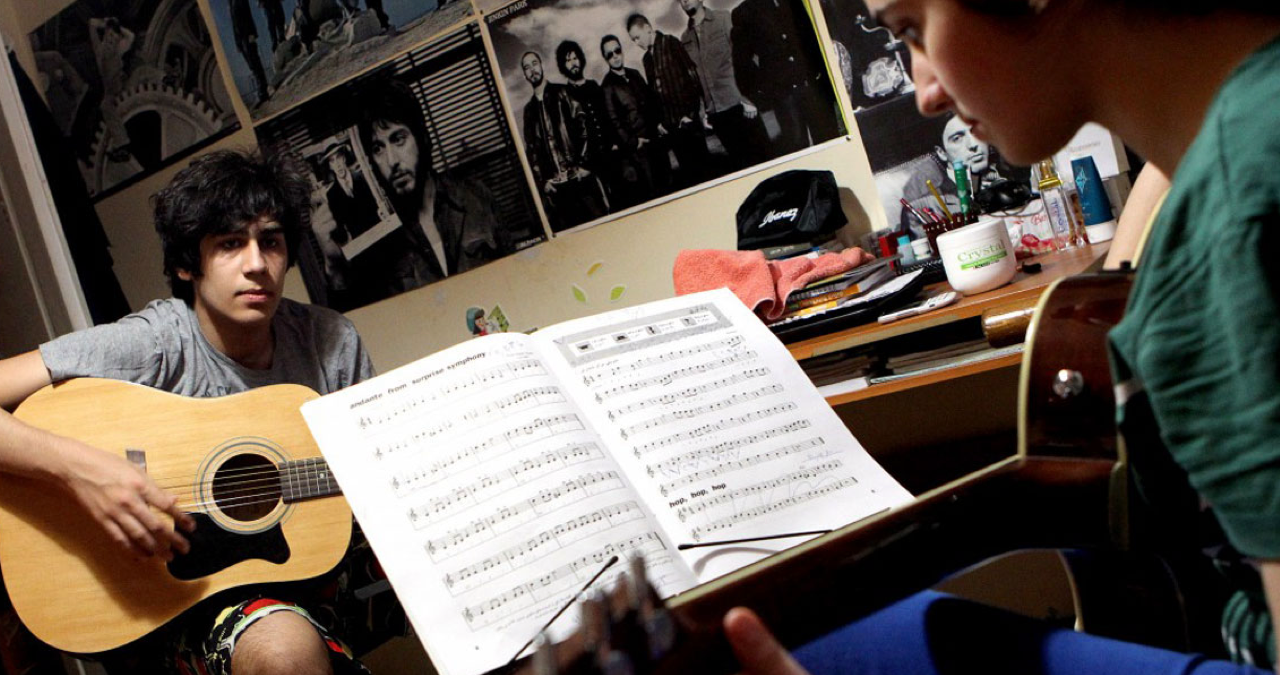10 good reasons to start making music on a computer
Plus, should you use a Mac or a PC?
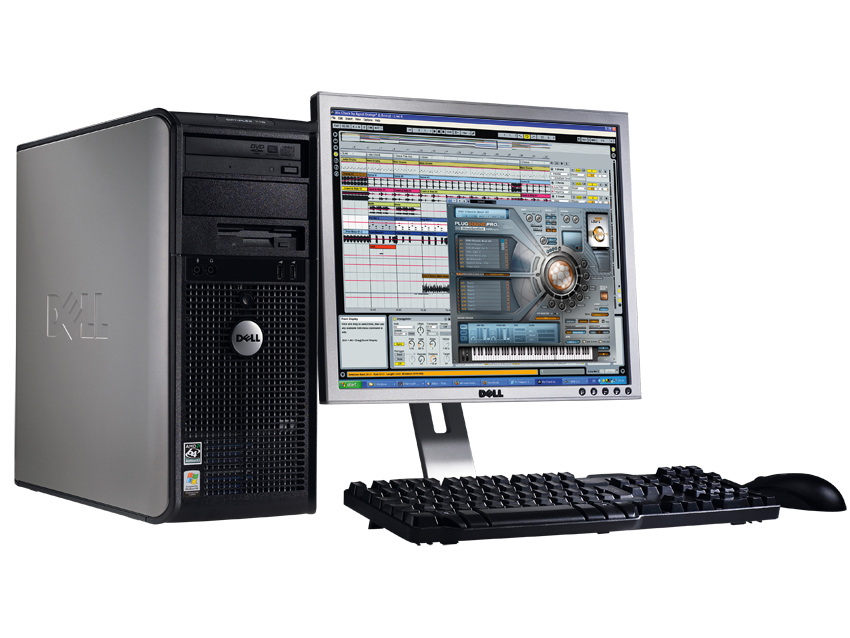
OK, we know that many of you are doing this already, but if you haven't yet discovered the joys of computer-based music-making, we can give you ten compelling reasons to do so.
1. It's easy
As a computer music-making beginner, one of your biggest fears is likely to be that you'll spend more time grappling with technology than making tunes. However, although it's inevitable that you'll encounter one or two minor hurdles, today's software is so well designed that you'll be up and running within minutes. You'll be creating your first track in no time.
2. It doesn't cost the Earth
Although some of the flagship music production packages cost hundreds of pounds, there are much cheaper options available. Most of the big developers sell cutdown versions of their products that are affordable and beginner-friendly - and chances are, you won't miss the power features. It's even possible to create a software studio without spending a penny, as there are countless freeware tools out there.
3. Your computer is an instrument…
Software instruments have been on the scene for several years now, making it possible to create pretty much any type of sound you can think of within the confines of your Mac or PC. Whether it's a scarily authentic grand piano or a full drum kit that's required, you're spoilt for choice. And you can buy dedicated controllers - keyboards, drum pads and the like - that turn the experience into a totally musical one. Just plug them in and go.
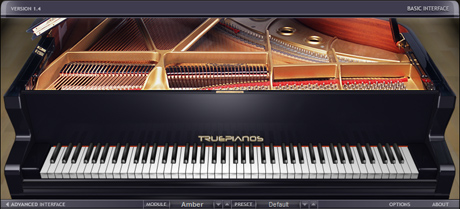
4. …And the ultimate recording device
So we've established that computers are brilliant at generating sounds, but what we should also make clear is that they're perfect for capturing real audio from the outside world. If you're a guitarist, a singer or any other kind of noisemaker, you can make high-quality recordings. But that's just the beginning: once the audio is on the hard disk and in your software, it can be edited, arranged and processed in countless useful and creative ways.
5. You don't have to be a musician
Musicians have certainly benefited from having access to powerful computer technology - it's enabled them to make finished records in their bedrooms, rather than having to pay to go into professional studios - but crucially, many of today's applications have been designed for people with little, if any, musical experience. It's quite possible to create a complete track simply by arranging a selection of pre-recorded loops.
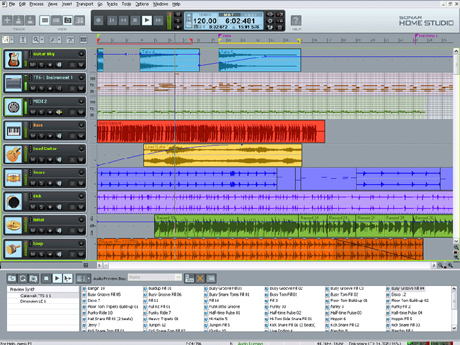
6. You can learn at your own pace
You might start your computer music career as a loop-based composer, but things get even more interesting when you create your own sounds and parts. The beauty of today's applications is that you can use them at different levels, so you won't have to invest in a new bit of software every time your skills improve. With music software, it's perfectly possible to take things slowly and add to your knowledge base as and when you need to.
Get the MusicRadar Newsletter
Want all the hottest music and gear news, reviews, deals, features and more, direct to your inbox? Sign up here.
Mac or PC?
You'll see this issue debated a lot - especially if you start browsing any music technology forums - but the truth is that it's not really important. You can make release-quality music on a PC or a Mac - the only thing that matters is that you have a computing platform that you're comfortable with.
Obviously, the two use different operating systems (though if you want to have access to both, you should bear in mind that the latest Macs can now run Windows), but many of the big software titles will work on either platform. It's fair to say that there's more freeware available for PC users, which might be something to consider, but Apple fans could counter by pointing out that all new Macs ship with GarageBand, one of the most beginner-friendly applications on the market.
Bottom line? Pick the platform that you think suits you best.
7. You can upgrade at your own pace
The biggest mistake that any beginner can make is to go and spend loads of money on gear before knowing how they want to work and what kind of music they want to make. So start out with one piece of software and take it from there: you'll soon discover what you need to buy to improve your creative experience. There are countless add-ons and peripherals on the market, but you should only buy the ones that you're sure you'll need.
8. You can use the same tools as the pros
Many of the tracks by your favourite artists might have been tweaked and polished with outboard hardware, but the chances are that they were put together on a computer using the same sort of software you have access to. For example, did you know that the drum track on Rihanna's Umbrella, one of the biggest selling singles of 2007, is just a beefed up version of a loop that comes with Apple's GarageBand software?
9. Music-making is a sociable activity
Making music on your own is great, but you can get even more out of the process if you involve a friend or two. You can work together in the same room, communicate via online communities and send files back and forth via email - what's important is that you're bouncing ideas off each other and interacting. Work hard enough and you might even end up as an in-demand production outfit for other artists.
10. It's fun
Very few are talented, committed and lucky enough to make a living from music, but there are thousands of people out there who do it just because they love it. Starting out, your aim should simply be to enjoy yourself; if you're doing that, you can be pretty confident that you'll spend more and more time creating tunes and that their quality will keep improving.
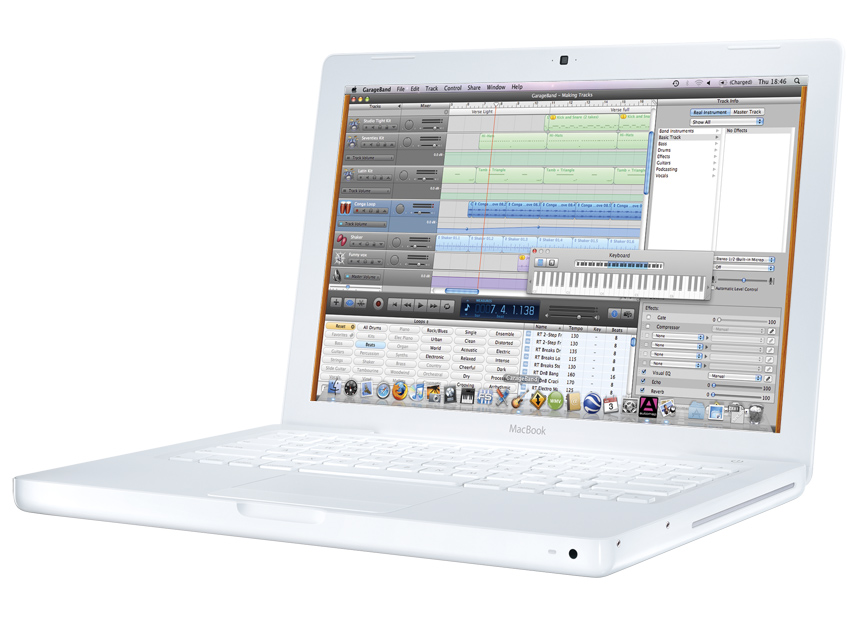
For more advice, check out The Computer Music Special Beginner's Guide (volume 32) which is on sale now.


